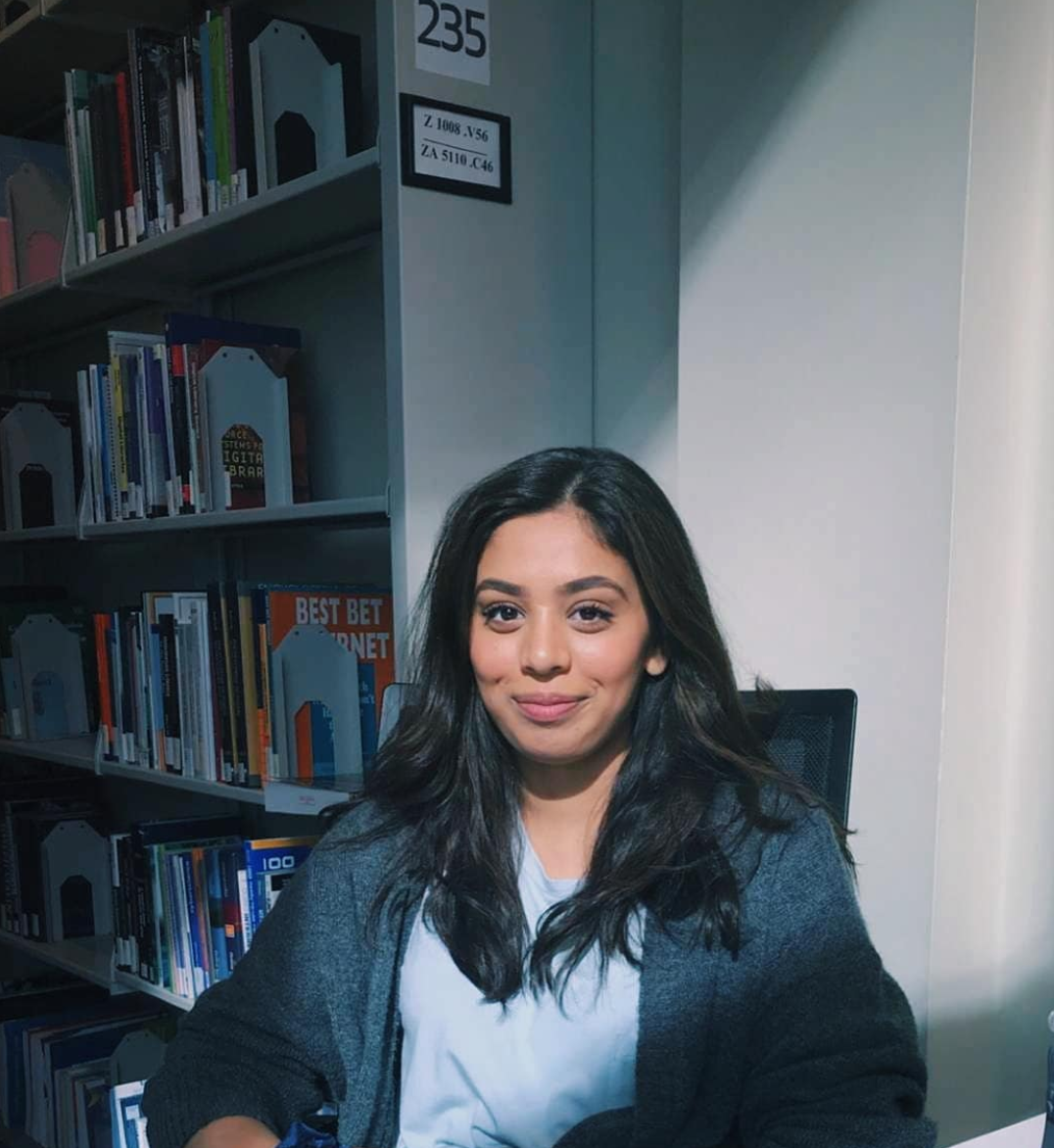
Muslim Students’ Association responds to U of C president’s statement on Islamophobia
By Danise Simpelo, July 23 2021—
On June 9, a University of Calgary UToday email was released with a link to the statement made by the University of Calgary President Ed McCauley on Islamophobia.
This came in response to the attack on a Muslim family in London, Ontario. The Afzaal family was on a walk on a Sunday night when they were driven down by a truck — this was determined to be a premeditated attack.
In his statement, McCauley said how the University of Calgary community extends their deepest sympathies to the friends and families of the Afaazal family. He took the opportunity to denounce any hatred in all its forms.
McCauley addressed how this event in Ontario will make the university redouble its efforts to be a more inclusive institution with equality as its bedrock value.
In an interview with the Gauntlet, the Muslim Students’ Association (MSA) President Sarah Saeed, responded to the statement released by McCauley.
“This response was disappointing on many levels,” said Saeed. “They refer to it as a tragedy. It wasn’t an accident — not an avoidable course of action that could be stopped. It was a terrorist attack. I would have loved to see the university acknowledge it as such because that was what it was, under all definitions of terrorism.”
She shared how the statement made by the university made a misstep by linking multicultural resources. By linking multicultural resources, it ignored the real issue at hand, Islamophobia.
“‘We condemn hatred and all its forms’ — it’s a great thing to say but specifically talking about a family targeted for their faith and their expression of faith, I think they could have delved into it a lot more,” Saeed said.
In the research done by the MSA, they found that none of the resources linked by the university referenced any guides or educational resources that would provide support on Islamophobia. They found that the only beneficial link was the interview that one of their members, Faizan Ahmed, did with Global Calgary.
What they found were non-interactive resources that were detached from the central issue.
The Faith and Spirituality Centre is a resource at the university which provides a safe space for those to practice their religion, yet it was not listed as one of the resources. Neither the mention of Muslim chaplains or the MSA was included in the list of resources provided by the university.
With students preparing to return to campus in Fall 2021, Saeed talked about dealing with Islamophobia on campus. Islamophobia is something that the upper-year students have witnessed and experienced and Saeed expressed how she would not be surprised if the newer, incoming students dealt with the same negative experiences in-person.
“For a long time, a lot of students have felt — not just Muslim, [people of colour] POCs, minorities, students at U of C, have generally felt that administration has not cared for them,” said Saeed. “We’ve witnessed students complain about it, students raise issues about it and the university stay silent about it.”
The MSA have shared many resources on their social media to provide support and educate others on Islamophobia. By doing this, the MSA links students to larger organizations such as the National Council for Canadian Muslims (NCCM) and the Muslim Council of Calgary (MCC).
As a club, the MSA’s main goal is to open a dialogue to show students they are present on campus to support them. This is shown through their events such as Islam Awareness Week that occurs in March, where booths and speakers are set up in MacHall for the public. It gives an opportunity to talk about Islam, controversial issues and invite people to ask questions.
Saeed shared how MSA students try their best to have these conversations to share their Islamophobic experiences in both a negative and positive light to show others that they are not alone in the community and on campus.
“We are an open line of communication on several platforms — whether its looking for halal food or sharing places to pray on campus or sharing their worries on Islamophobia like negative atmospheres,” said Saeed. “We refer them to resources, friendship and support.”
The MSA emphasized the larger issue at play with mainstream media and the misuse of Islamic terms alongside poor Islamic representation.
“Terms such as ‘Jihadist’ and ‘Islamist’ are paired with Islamic terrorism which is more damaging that anything else,” said Saeed.
She gives examples on how Muslim actors entering the industry are offered their first roles as terrorists which needs to change society’s view on depicting Muslim men. As for women, there are examples on the views of wearing a hijab being correlated with being oppressed.
“It’s very negative and it has serious consequences as we’ve seen through hatred and attacks on Muslim women wearing hijabs. The terrorist attacks that happened in London — that is a serious consequence of how the media has played this game. That needs to stop before anything else,” Saeed said.
In response to the statement released by the university, the MSA is currently working on developing an anonymous tip forum that will allow individuals to share both previous and current Islamophobia incidents on campus.
For more information of the Muslim Students’ Association, click here. Details on how to contact the MSA can be found here.
